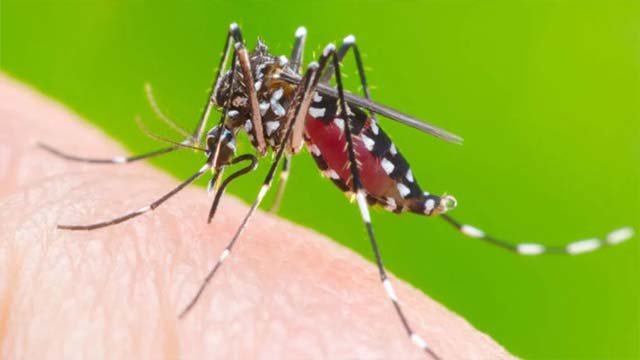Cases of mosquito-borne illnesses continue to surge across Sindh, with health officials reporting over 267,000 cases from January through early November 2024, as per the data released from the Vector Borne Disease Directorate General Health Services.
In the last two weeks alone, malaria cases have also surged with over 17,000 cases reported across multiple cities in Sindh.
The statistics reveal malaria as the most widespread, with 265,021 cases, followed by dengue with 2,179 cases, a death reported in Karachi, and 189 cases of chikungunya.
Hyderabad is the hardest-hit region, accounting for 126,584 malaria cases, followed by Larkana with 59,752, and Mirpurkhas with 35,248.
As per the statement of Dr Abdul Ghafoor Shoro from the Pakistan Medical Association (PMA), linked the surge to a lack of fumigation drives and poor preventive healthcare.
READ: Karachi faces shortage of Chikungunya testing kits: AKU Doctor
“The government’s focus is limited to a few tertiary care hospitals, neglecting primary healthcare needs,” he said, noting that clean water and regular vector control measures could significantly curb mosquito-borne diseases.
According to Dawn, doctors are currently dealing with an influx of patients exhibiting high fever and severe joint pain, symptoms commonly associated with chikungunya.
However, reliable testing remains a challenge; only select labs offer a complete diagnostic package, costing around Rs7,600, limiting access for many residents.
The healthcare experts highlighted that the joint pains from chikungunya can last for months and suggested exercise, supplements, and barred the frequent use of painkillers to the patients as they affect kidneys.












